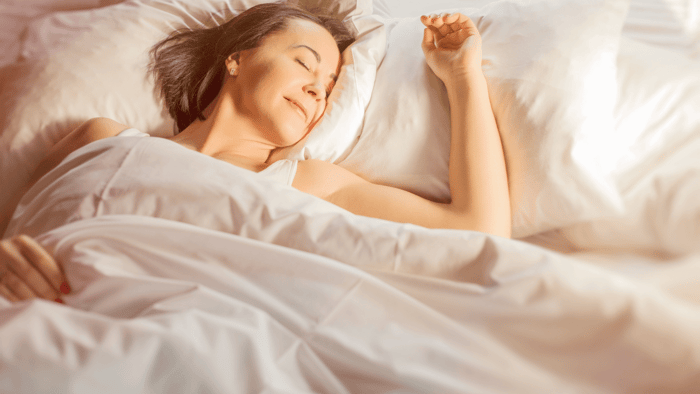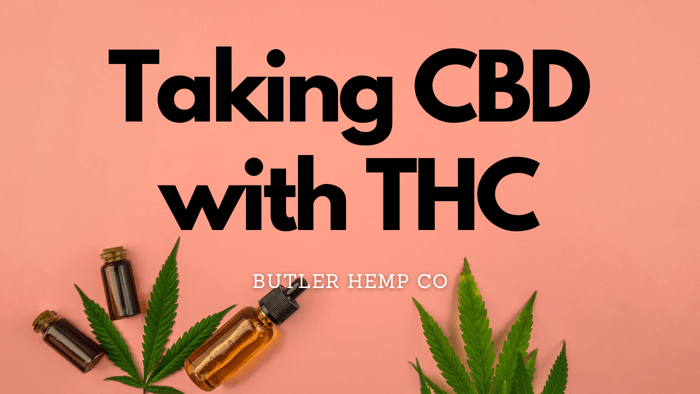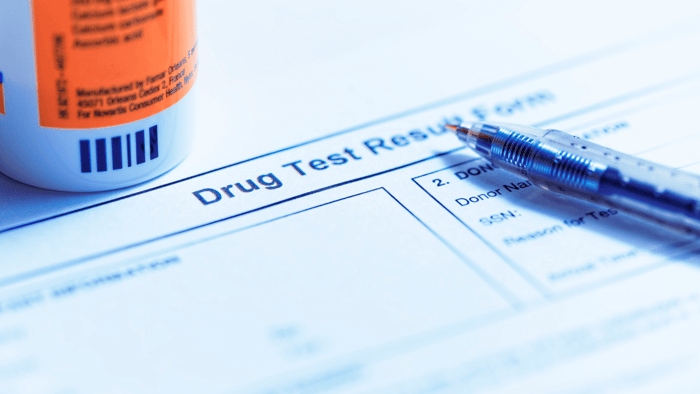CBD and Sleep:
CBD, short for cannabidiol, has gained popularity for its potential health benefits, but there's a common question that lingers in the minds of many users: Does CBD make you sleepy? In this detailed exploration, we'll unravel the complexities of CBD's impact on sleep, exploring scientific studies, individual experiences, and factors that influence its sleep-inducing potential.
Understanding CBD and its Interaction with the Body:
1. The Endocannabinoid System (ECS):
To comprehend CBD's effects on sleep, it's crucial to delve into the endocannabinoid system. The ECS plays a vital role in regulating various physiological processes, including sleep-wake cycles.
2. The Role of Cannabinoid Receptors:
CBD interacts with cannabinoid receptors in the ECS, particularly CB1 and CB2 receptors. While CB1 receptors are primarily found in the central nervous system, CB2 receptors are more prevalent in the immune system. The interplay between CBD and these receptors contributes to its potential sleep-related effects.
3. Additional Receptor Systems:
In addition to interacting with the endocannabinoid system, CBD engages with other receptor systems in the body, such as serotonin receptors. The serotonin pathway is implicated in mood regulation and may contribute to the calming effects that some users report.
4. Neurotransmitter Modulation:
CBD's influence on neurotransmitters, including gamma-aminobutyric acid (GABA), is another aspect to consider. GABA is an inhibitory neurotransmitter associated with relaxation, and CBD's potential to modulate GABA receptors could contribute to its calming effects.
Scientific Studies on CBD and Sleep:
1. Anxiety and Stress Reduction:
Studies suggest that CBD may help alleviate anxiety and stress, common contributors to sleep disturbances. By calming the mind, CBD might indirectly promote better sleep quality.
2. Impact on REM Sleep:
Some research indicates that CBD may influence the duration of REM (rapid eye movement) sleep. While more studies are needed, initial findings suggest a potential role in regulating sleep cycles.
3. Impact on Sleep Disorders:
Research exploring CBD's impact on specific sleep disorders, such as insomnia and sleep apnea, is ongoing. Preliminary findings suggest that CBD may offer potential benefits, but further studies are needed to establish conclusive evidence.
4. Endocannabinoid Deficiency:
Some researchers propose the concept of clinical endocannabinoid deficiency, suggesting that disruptions in the endocannabinoid system could contribute to conditions like insomnia. CBD's interaction with this system may play a role in addressing such deficiencies.
CBD and Sleep: The Individual Experience:
1. Varied Responses:
Individual responses to CBD can vary widely. While some users report feeling more relaxed and experiencing improved sleep, others may not perceive any significant changes.
2. Dosage Considerations:
The dosage of CBD can play a crucial role. Low to moderate doses may be more likely to induce relaxation without causing drowsiness, while higher doses could potentially have a more sedative effect.
3. Biochemical Individuality:
The concept of biochemical individuality highlights that each person's biochemistry is unique. Factors such as genetics, metabolism, and overall health can influence how an individual responds to CBD. This variability underscores the importance of personalized experimentation.
4. Lifestyle Factors:
Lifestyle choices, such as diet, exercise, and stress management, can impact sleep. CBD may complement these lifestyle factors by promoting relaxation, but it's essential to consider a holistic approach to sleep hygiene.
Factors Influencing CBD-Induced Sleepiness:
1. Product Type:
Different CBD products, such as oils, edibles, or capsules, may have varying effects on sleep. The rate of absorption and bioavailability can differ, influencing the onset and duration of any potential sleep-related effects.
2. Time of Consumption:
The timing of CBD intake can impact its effects on sleep. Some users find that taking CBD before bedtime helps promote relaxation and a sense of calm.
3. Entourage Effect:
The entourage effect suggests that the synergistic interaction of various cannabinoids, terpenes, and other compounds in the cannabis plant may enhance therapeutic effects. Full-spectrum CBD products, containing a range of cannabinoids, may offer a more comprehensive approach to sleep support.
4. Terpenes and Sleep:
Terpenes, aromatic compounds found in hemp and cannabis, contribute to the plant's unique scent and may have therapeutic effects. Some terpenes, such as myrcene and linalool, are believed to have sedative properties, potentially enhancing CBD's sleep-inducing potential.
Tips for Using CBD for Sleep:
1. Start with Low Doses:
Begin with a low CBD dosage and gradually increase if needed. This approach allows you to gauge your individual response without experiencing excessive sedation.
2. Monitor Timing:
Experiment with different times for CBD consumption to find what works best for your sleep routine. Some users prefer taking it well before bedtime, while others may benefit from closer proximity to sleep.
3. Consideration of Tolerance:
Individual tolerance to CBD may develop over time. Periodic breaks or adjustments to dosage may be considered to maintain effectiveness.
4. Consultation with Healthcare Professionals:
Before incorporating CBD into your sleep routine, consulting with a healthcare professional is advisable. They can provide personalized guidance based on your health history and any existing conditions.
Conclusion:
In conclusion, the relationship between CBD and sleep is nuanced and varies from person to person. While some users may experience relaxation and improved sleep quality, others may not observe significant changes. Scientific studies provide insights into CBD's potential impact on sleep, but individual factors, dosage, and product type all contribute to the overall experience.
Final Thoughts:
As you navigate the world of CBD and its potential effects on sleep, it's essential to approach it with an open mind and an awareness of your unique response. Experimenting with different dosages and product types can help you discover whether CBD enhances your sleep quality or provides other wellness benefits. Remember, consulting with a healthcare professional is always advisable, especially if you have underlying health conditions or are taking medications.
In the realm of CBD and sleep, personal exploration and informed decision-making are key. Sweet dreams may await, but the journey to better sleep is as unique as you are.




